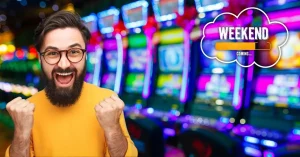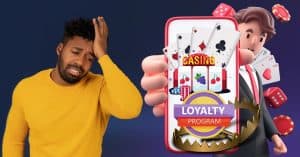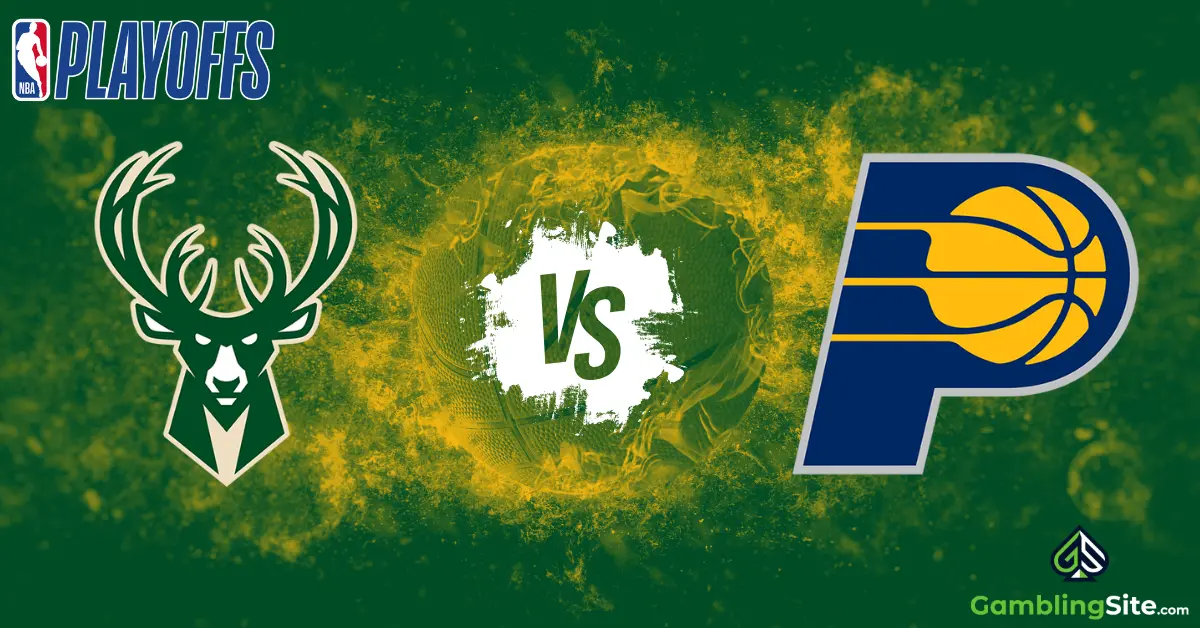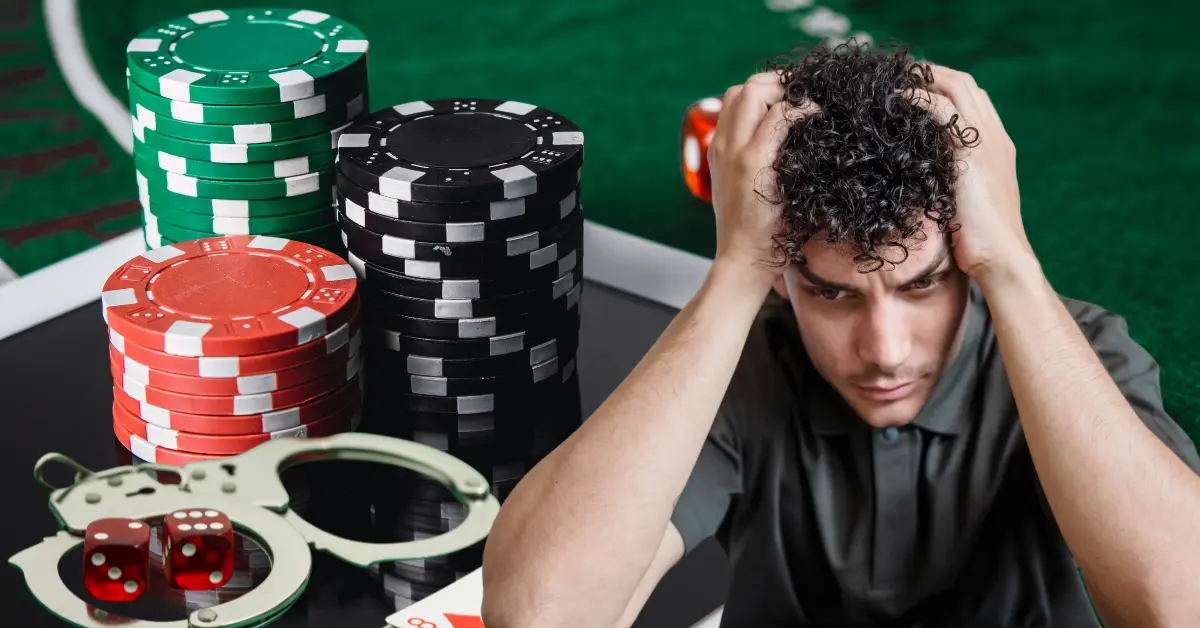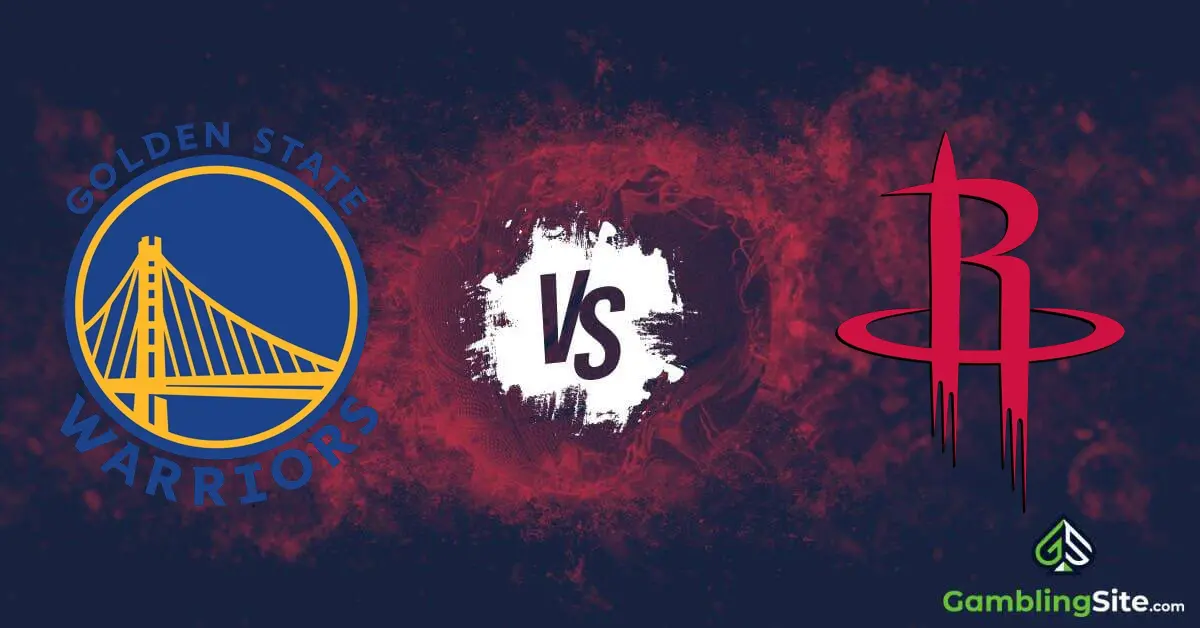Why ‘Chasing Losses’ Is Built into Casino Game Design
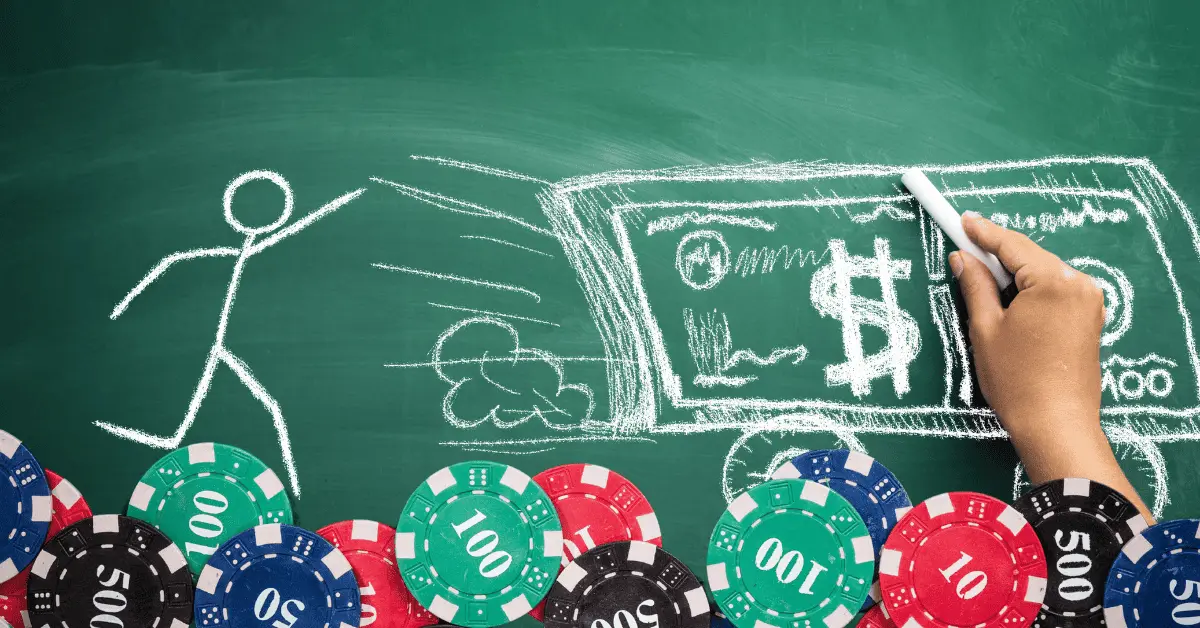
You are sitting at a slot machine or playing at a gambling site, and you are losing. There’s a voice in the back of your head that’s telling you to stop, but there’s another voice, and it’s probably louder, telling you, “But what if I’m just one away from a win?”
It’s the classic Angel on one shoulder and the Devil on the other. The Devil is the one that’s saying, “Okay, just a couple of more bets and I’ll win it all back,” and your better angels get drowned out. This line of thinking is known as “chasing losses,” and it’s one of the most common—and most dangerous—behaviors in gambling. And you’d better believe casinos not only know that, but use it to their advantage.
They don’t just expect that people will chase their losses; it’s more devious than that. The games are designed to bring you into that very mindset. Flashing lights, you-almost-won messages, quick win teases, progress bars, and bonuses that show up right after you have a bad run are not coincidences. It’s a strategy. And it works because it plays right into how our brains process rewards, hope, and desperation.
If you’ve ever wanted to know how chasing losses works, why it feels so convincing in the moment, and the specific design tricks that casinos use to keep players stuck in the cycle, keep reading to find out! We’ll go over the science, the psychology, the consequences, and, most importantly, how to stay in control before the compelling urge to recover your losses takes over your better angels.
What Is ‘Chasing Losses?’
“Chasing losses” is when a player keeps on gambling not for the entertainment of it, not because they’re winning, but because they’re trying to win back the money that they’ve already lost. It usually starts out with a few bad hands or unlucky spins and quickly spirals into a mission to break even.
The following is what it usually presents as:
- Increasing your bet size after every loss in order to “speed up” the recovery of your money
- Ignoring the time limits or bankroll limits that you originally set when you began playing
- Becoming obsessed with getting back to your original balance
- Feelings of frustration, anxiety, or panic, but those don’t stop you from betting
According to Birches Health, a platform that is focused on treating behavioral addictions, chasing losses is one of the most common symptoms of gambling problems. It doesn’t always look like a dramatic loss of control from the outside. It could be just doubling your bet, or staying logged in past midnight when you promised yourself you’d quit at 10 pm. But the pattern is clear: the gambler isn’t playing for fun anymore—they’re trying to erase a mistake.
A former player featured in Birches’ case studies said it best: “You start playing because it’s exciting. But once you’re down, it becomes personal. You don’t want to win—you need to fix something. And the more you lose, the more urgent it gets.”
This line of thinking is exactly what game designers are banking on.
The Psychology Casinos Rely On
Yes, casino games are engineered to be fun, but they’re also made to make your brain behave in certain ways. Behavioral psychologists have studied the patterns behind gambling behavior for decades, and what have casinos done? They studied those findings and used them to keep players playing.
Let’s look at some of the most common psychological effects that are at the heart of chasing losses.
One of the most powerful tools in behavioral science is the concept of variable ratio reinforcement. It came from B.F. Skinner’s experiments in the 1950s involved lab animals that were given food pellets at unpredictable intervals. When the rewards were random, the animals kept pressing the lever far longer than when rewards were predictable. Why? Because unpredictability gives us hope.
Slot machines and online casino games use this exact same schedule. You don’t know when the next win is coming, and that’s what keeps people playing. You’re effectively chasing the “maybes.”
A National Library of Medicine study found that near-misses, like two jackpot symbols followed by a third that just misses, light up the same parts of the brain as actual wins. That’s right: your brain rewards you for losing if it looks like it’s close enough to a win.
This is why so many slot machines are designed to show near-miss patterns on a regular basis. It doesn’t matter that you lost because your brain thinks that you’re getting closer, and that illusion drives you to bet more.
The more money, time, or effort that you’ve already spent? The harder it is to quit. That’s the sunk cost fallacy in playing out. This train of thought is basically, “Well, if I walk away now, I’ve wasted all of that money,” instead of realizing that if you quit now, there wouldn’t be any more losses.
The fallacy is one of the biggest drivers of loss-chasing. The moment that you feel like you’re “in too deep” to quit, the casino has won, not because the odds have changed, but because your thought process did.
Games like craps, roulette, and sports betting make players feel like their choices are influencing the outcome. Pick your lucky numbers. Tap to spin the reel at the “perfect” moment. Bet on the team that you’ve been researching for days. A feeling of control convinces players they can beat the system, even if the odds are fixed or random, and they are.
The more control a player thinks they have? The more they believe they can “win it all back” if they make the right move.
Below are the most common psychological principles and how they’re used in casino games:
| Concept | How It’s Used |
|---|---|
Intermittent rewards | Random wins make players keep betting |
Near-miss effect | “Almost wins” boost dopamine and encourage more play |
Sunk cost fallacy | Past losses make quitting feel like giving up |
Illusion of control | Fake choices give the impression of influence |
Game Design Features That Encourage Chasing
The psychological triggers don’t exist only in a textbook sense! No, they’re hard-coded into how casino games are built. Below is what that looks like IRL:

Slot Machines
- Near Wins: You’re shown jackpots or bonus icons that are just one reel away. It convinces you that the big one is right around the corner.
- Mini Wins with Flashy Effects: Even if you “win” fewer credits than you bet, the machine lights up, plays a happy sound, and makes it feel like a victory.
- Quick Betting Cycles: Most modern slots can play 600+ spins per hour. That means there is barely any time to think in between your bets.
- Bonus Teases: Bonus rounds pop up regularly so that they stay on your mind, but are rare enough to make you keep waiting for them to show up.

Table Games
- Fast-Paced Rounds: Blackjack, baccarat, and roulette are all designed to move super fast. A few bad hands happen in seconds.
- “Same Bet?” Prompts: Dealers or software will automatically prompt you to repeat the same bet. It makes not betting feel like it’s the weird choice.
- Dealer Encouragement: Friendly banter like “You’re due for a win!” keeps players hopeful and engaged.
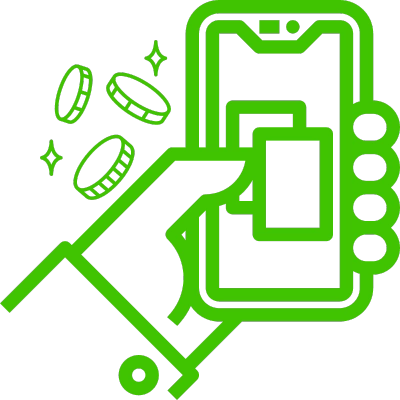
Sports Betting Apps & Online Casinos
- Push Notifications after a Loss: Lost your last parlay? All of a sudden, you’re getting a “Get 20% back on your next bet” notification in your inbox.
- Loss-Back Bonuses: The bonuses reimburse part of your losses as promo credit, but only if you keep on betting.
- Progress Bars and Loyalty Tiers: You’re shown how “close” you are to earning a reward or reaching the next VIP level, which motivates continued betting—yes, even when you’re on a losing streak.
- Gamified Challenges: Apps will nudge you with mini-goals like “Make 3 bets this weekend to unlock a free wager.” If you’ve already done 2, it feels like it’s wasteful not to finish the goal.
All of this creates the sense that you’re almost winning, that you’re earning something by sticking with it, and that stopping now would mean throwing away momentum. But that momentum? It doesn’t exist.
The Science Behind It
Dopamine is front and center of almost all gambling behavior, and this neurotransmitter plays a huge part in how we experience pleasure and reward. Winning gives us a dopamine surge, but so does the anticipation of winning. Even after a loss, if it feels like we were close to a win, it will stimulate those same reward circuits.
- According to research published in Neuropsychopharmacology, near-miss outcomes activate the brain’s reward system in a similar way to actual wins. In people with gambling problems, this effect is even stronger. Their brains light up at near-misses as if they’ve won, and that reinforces continued play, even in the midst of a losing streak.
- The University of British Columbia also ran a study that showed flashing lights and slot machine sounds contributed to players making riskier decisions. They weren’t evaluating odds anymore—they were totally caught up in the sensory experience, and that meant they were overestimating their chances and ignoring the math in front of them.
- And then there’s time distortion. Casinos are designed to remove outside cues. There are no clocks, no windows, and no reminders that it’s 2:47 am and your bank balance is dangerously low. Online casinos use similar tactics, with 24/7 access, autoplay, and no natural stopping points. The endgame is to keep you immersed and disconnected from the outside world.
Once you’re in that dopamine-fueled, overstimulated state, it becomes so much easier to justify any irrational choices. Losses feel like they’re recoverable. Warnings are mere background noise. And chasing feels like a plan instead of what it is—a trap.
Real-World Consequences of Chasing Losses
All of this sounds strategic in theory, but what does chasing losers really look like when it’s outside of a lab or a casino floor?
Financial Fallout
Chasing losses is one of the fastest ways to burn through a bankroll. What starts out as $20 turns into $200. Then you are dipping into next week’s paycheck. Then it’s credit cards or payday loans. According to Business Insider, multiple U.S. states have seen a spike in personal bankruptcies in the wake of legalized online sports betting, and it’s driven mostly by players who are chasing huge losses with high-risk parlays.
A man who was profiled by the outlet admitted to losing over $80,000 in six months by repeatedly chasing losses. “The worst part is I did win sometimes,” he said. “And then I’d just lose it again, trying to fix everything.”
Emotional Toll
Chasing isn’t only expensive—it’s also exhausting. People stuck in this pattern report having anxiety, guilt, and shame. You know what you’re doing is risky. You know, you said you’d stop. But you can’t leave until you win “just enough” to walk away with your pride intact and hopefully some of your money.
According to Birches Health, this emotional strain is usually what causes people to isolate themselves, both socially and financially. They will start lying to their families, hiding transactions, or skipping their responsibilities to keep betting. And it rarely ends with just one bad night. It snowballs into a lot of bad nights.
Escalating Behavior
Losses don’t tend to stay small. As a player’s desperation grows, they’ll usually take bigger and bigger risks to try and recoup their money faster. What starts out as a $10 blackjack hand becomes $100 parlays. Longshot bets feel like the one and only option that they have left to fix what’s been lost. And that, of course, just leads to bigger losses.
A recovering gambler wrote that chasing became his entire life for two years: “I didn’t enjoy gambling anymore. I was just trying to undo a mistake. But every bet made it worse. And still, I couldn’t stop.”
Chasing losses doesn’t always present as panic betting or tossing stacks of chips at a dealer. Sometimes chasing comes around in much more subtle ways. Below are some signs that it might be happening to you:
Quick Tips: Are You Chasing Losses without Realizing It?
- You’re betting more than usual to try to get back what you lost
- You keep telling yourself, “Just one more round” or “I can’t walk away like this.”
- You’re blowing past your time or money limits to keep playing
- You feel tense, frustrated, or guilty—but keep betting anyway
- You’re trying to “undo” a bad session instead of walking away from it
- You’re no longer enjoying the game—you’re trying to fix something
How to Protect Yourself
Knowing how this whole trap works is one thing. Not getting caught in it is another. The following are the ways that you can have a firmer hold on the reins before you lose control of them.
Set Hard Limits in Advance
Before you log onto a gambling site or stroll into a casino, decide on a hard budget. This is not a flexible thing. No, “I’ll see how it goes.” Set a number and treat it as already spent the minute that you start gambling. That way, winning will be a bonus, and losing won’t become a panic spiral.
Time limits matter, too. The longer you play, the harder it gets to make clear-headed decisions. Set a timer and listen to it.

Use Built-In Tools
All regulated and legal gambling sites enable you to set deposit limits, loss caps, or play reminders. Use them even if you don’t think you need them! The tools are made to kick in when your self-control decides to take a little vacay.
There are also external apps like Gamban or BetBlocker that allow you to block access to gambling platforms altogether.
Watch Your Mindset
If you notice yourself justifying bets with thoughts like, “I just need to win this one,” or “I can’t walk away now,” stop and ask yourself who’s talking. Is it you, or the game design?
A good way to do this is to reframe what you view as success. If you stick to your budget, follow your time limit, and walk away when you planned to, you have won, no matter how much money you won or lost.
Know When It’s Time for Support
If you’re regularly chasing losses, hiding gambling behavior, or feel like you’re trapped in a vicious cycle, you should reach out for help. The National Council on Problem Gambling has free, confidential support. There are also virtual and in-person support groups where you can connect with others who are in similar situations.
You don’t (and shouldn’t) have to wait until things are catastrophic. Getting help early makes a big difference.
Beating the House Begins with Understanding It
The impulse to chase your losses isn’t some kind of a personal weakness! It’s the result of carefully designed systems, games, and psychological tactics. Casinos want you to believe that stopping now would mean giving up. But you’re never actually “close” to turning it around, because the game isn’t random hope. It’s math.
Knowing how and why these systems are built puts you in a much stronger position. We aren’t saying that you can’t gamble for fun—you can! But you should be gambling on your own terms and not because a progress bar or a challenge told you to.
The next time you feel that strong tug to “fix” a losing session, stop and think. The game is doing exactly what it was built to do. Are you going to do what you planned to do or what the casino wants? It should be the former, not the latter!

Matthew specializes in writing our gambling app review content, spending days testing out sportsbooks and online casinos to get intimate with these platforms and what they offer. He’s also a blog contributor, creating guides on increasing your odds of winning against the house by playing table games, managing your bankroll responsibly, and choosing the slot machines with the best return-to-player rates.

